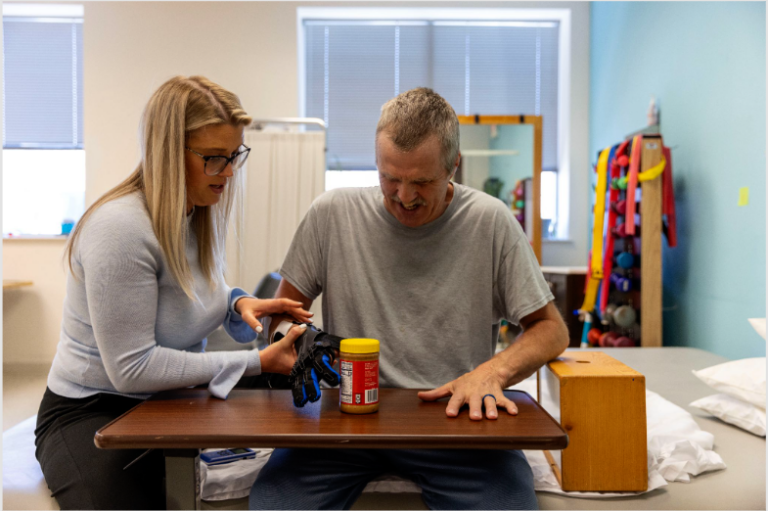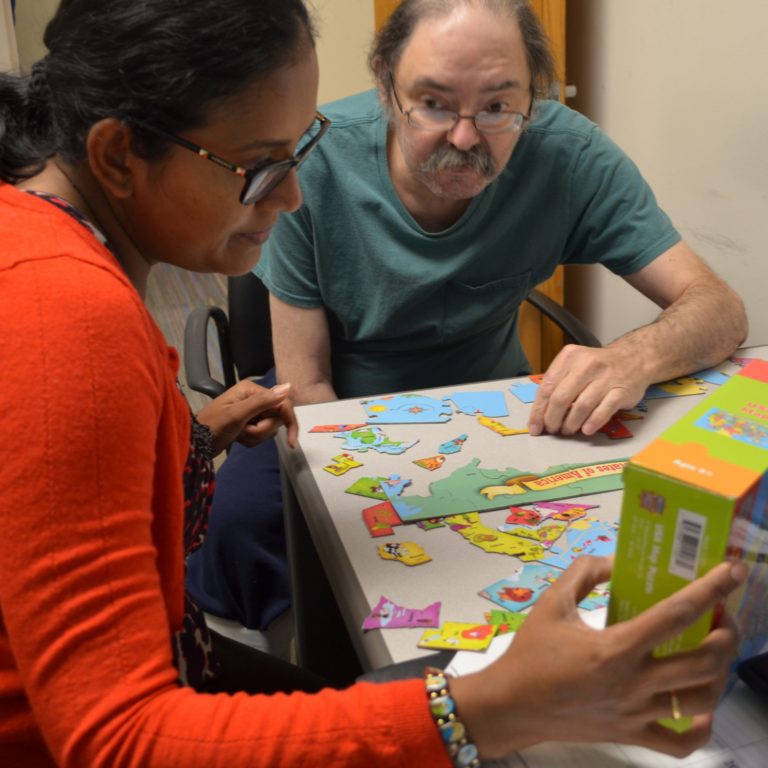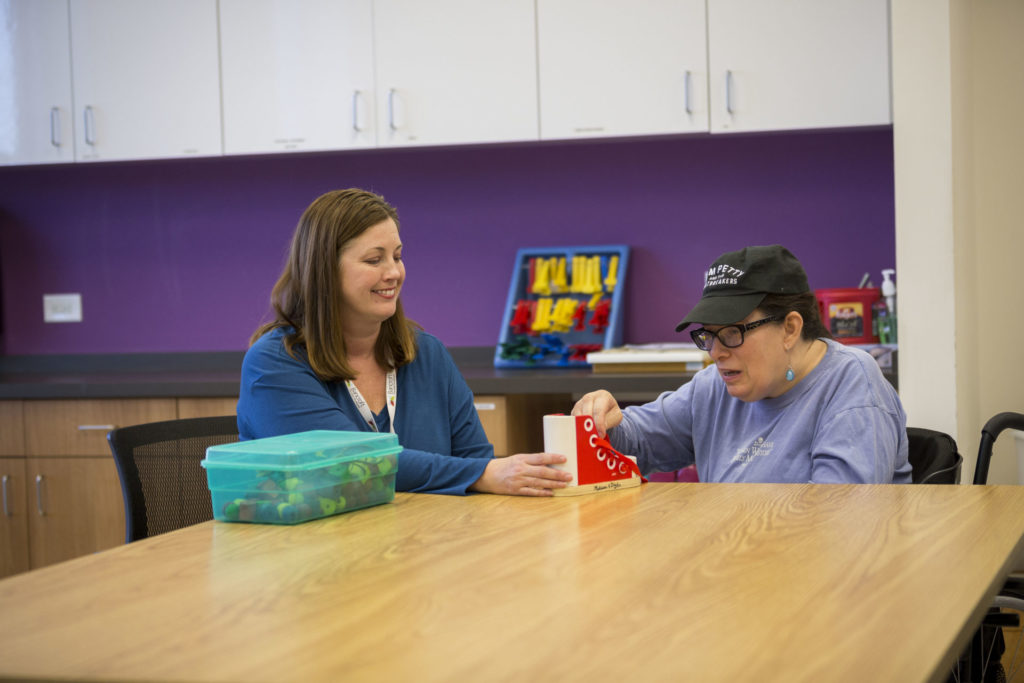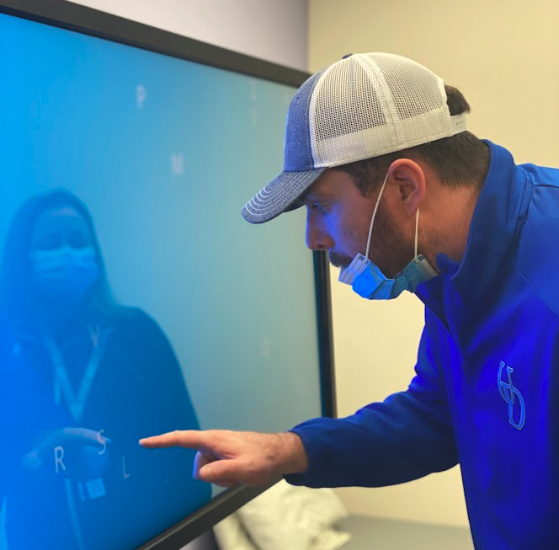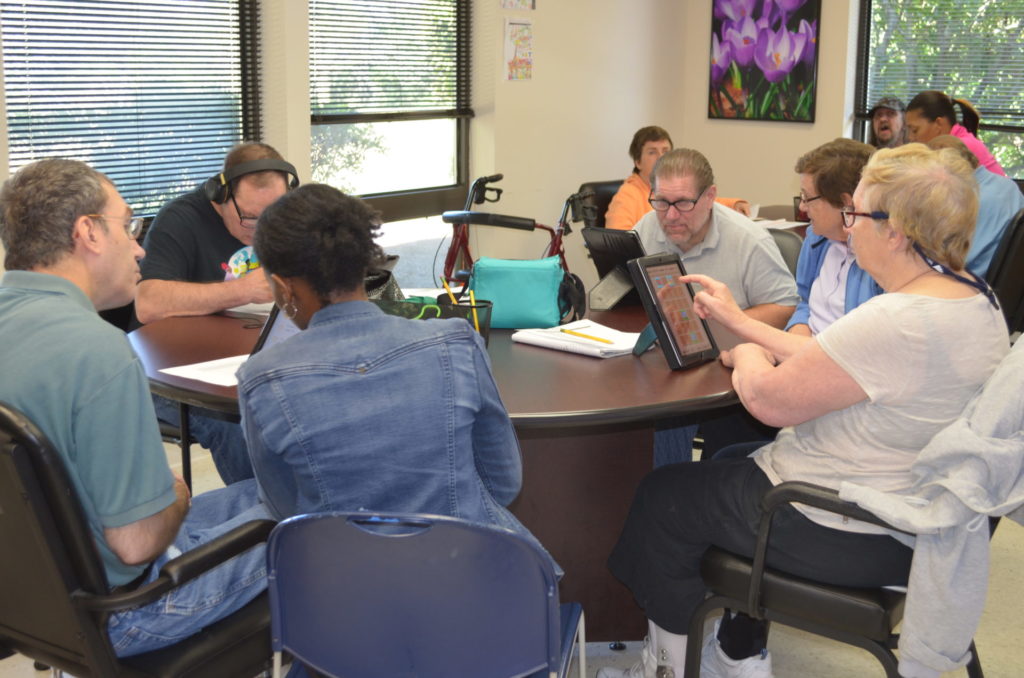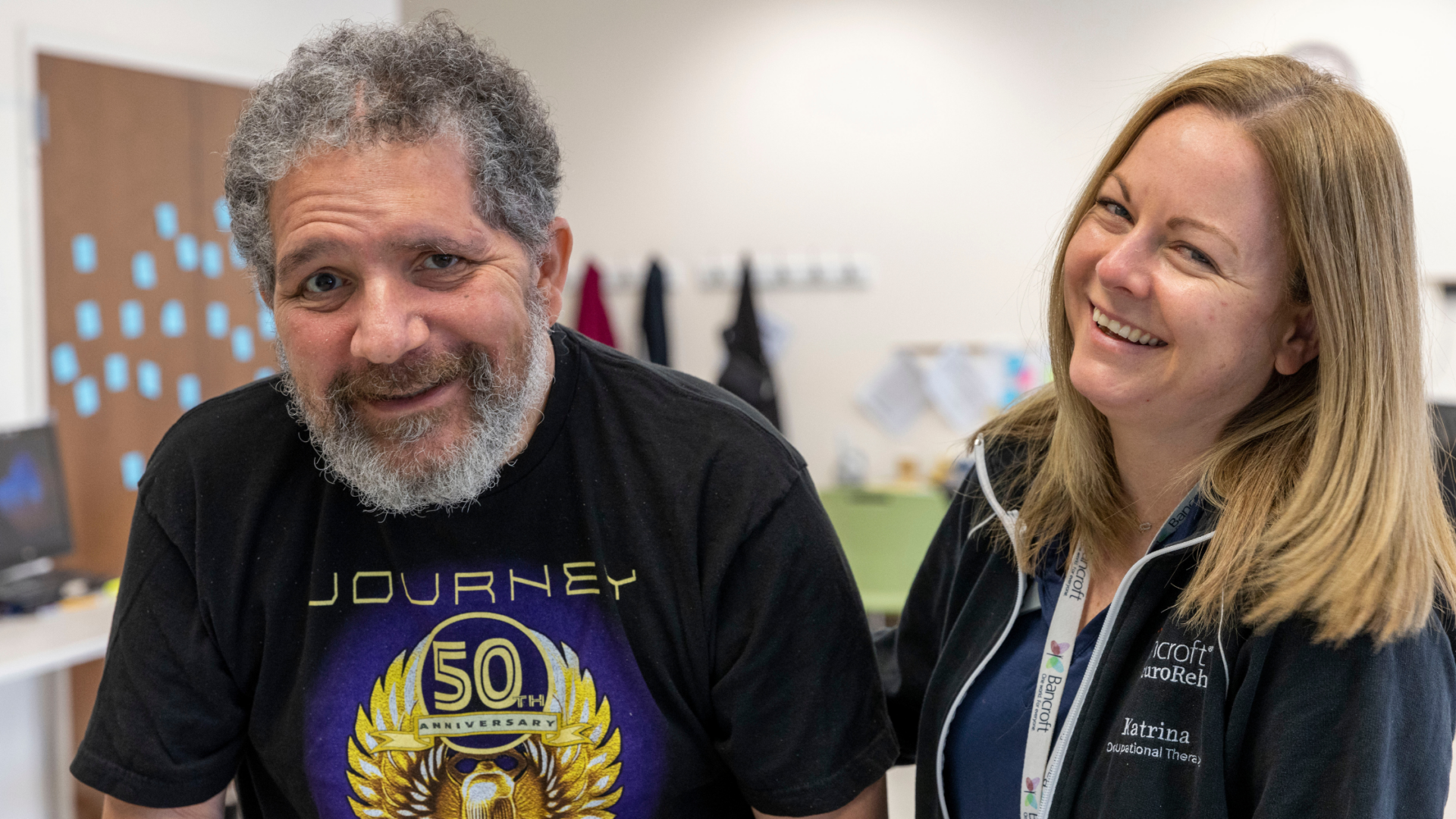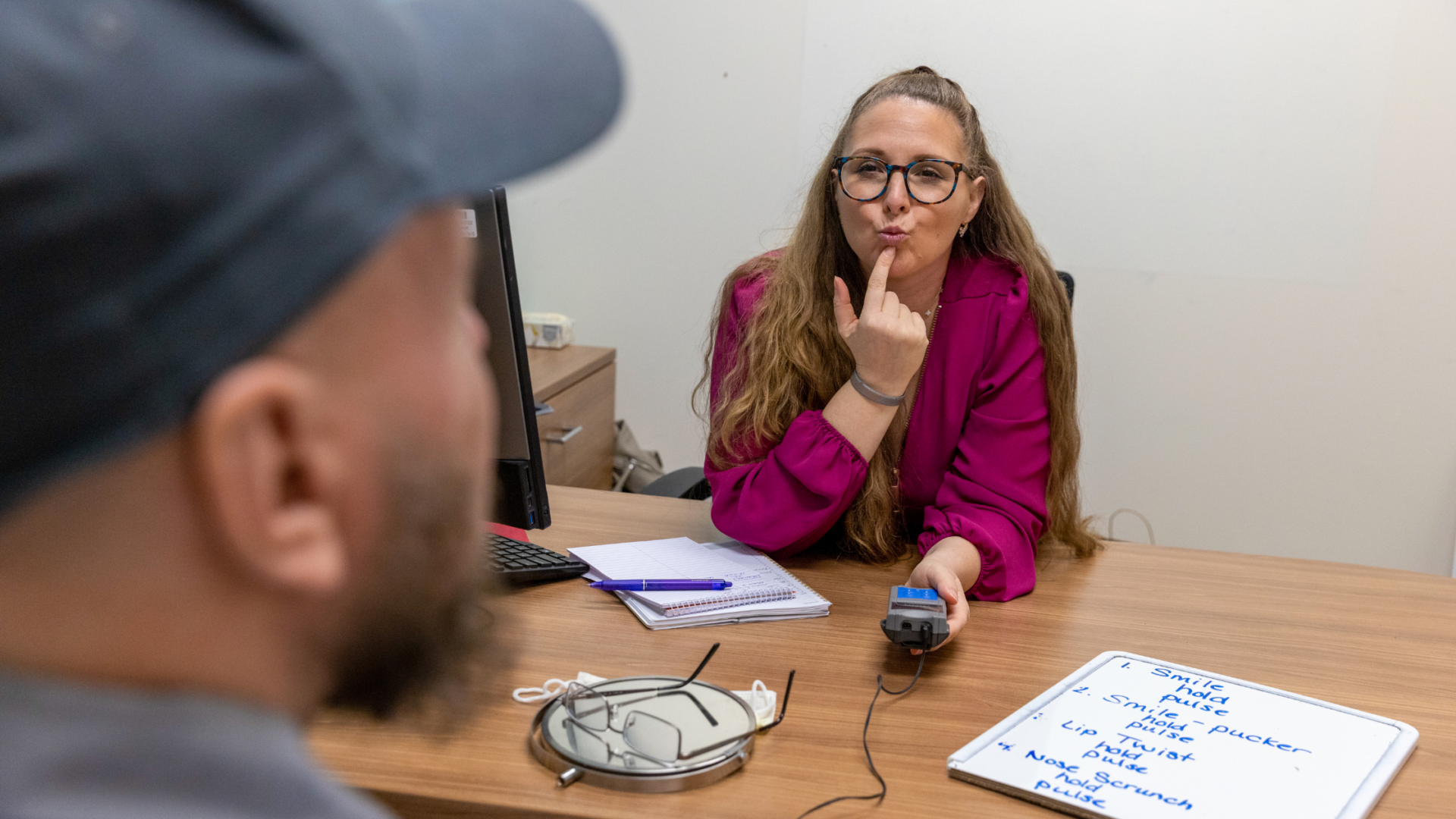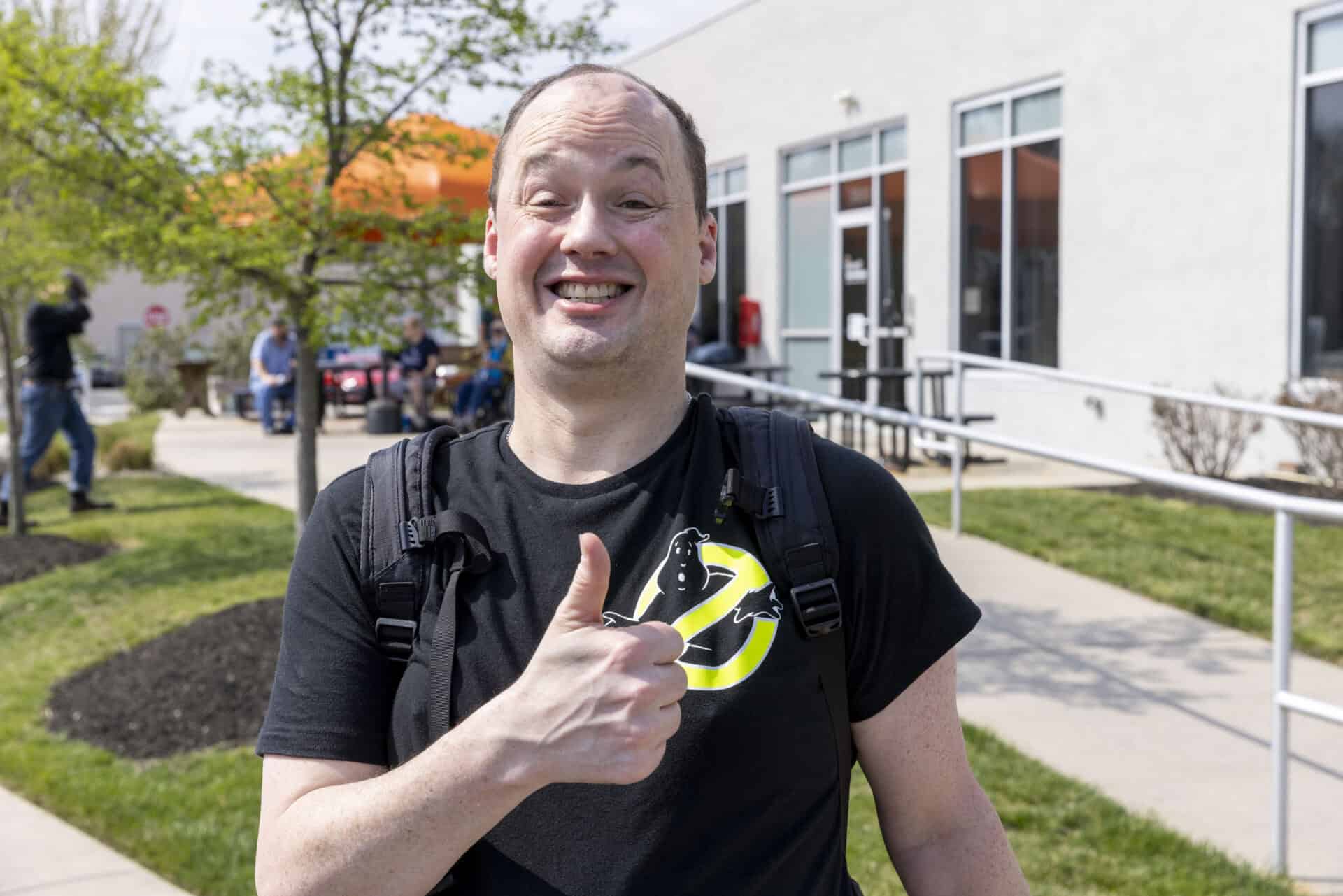With the season’s many gatherings and extended time together, the holidays are prime for picking up on subtle changes in a loved one’s memory. What should you be looking for… and how do you mention it to mom or dad?
By Dr. Karen Lindgren
Chief Clinical Officer, Bancroft
The holidays usher in a chance to celebrate with family and friends for longer than usual. Many of us bunk with relatives, or welcome out-of-towners like long-distance parents and grandparents into our own guest rooms. While this is great for family bonding, it can also be stressful for those who notice cognitive changes in parents and grandparents during an extended stay.
While that’s a hard realization, the truth is, the holidays are prime time for noticing changes in loved ones’ memory and focus — and for having the sometimes difficult conversation urging them to see a doctor.
Catching symptoms early is crucial, so having that tough talk is often the best thing we can do for our family members. Recognizing symptoms is the first step. So while you’re giving thanks and celebrating cheer during this season’s festivities, take note of any of the following symptoms, even if they seem subtle:
- Memory changes: Repeating the same story multiple times in a short period or forgetting key family events.
- Withdrawal: Disinterest in socializing or declining party invitations
- Changes in spatial functioning: Getting lost in familiar places, disorientation in familiar homes.
- Orientation challenges: Confusion regarding date and time
- Sleep and appetite changes: Insomnia, vivid or active dreams
- Initiation difficulty: Lack of motivation to begin favorite activities such as cooking holiday meals or spending time with grandchildren
- Trouble finding the right word: This is common as we age, but trouble remembering a very familiar word may signal a problem. For example, Grandma may call the Christmas tree a “rocking horse” or “toaster oven” before someone gives her the correct words.
If you suspect any of these changes, initiating the conversation with a loved one may be difficult. He or she may feel embarrassed or defensive, so keep the following tips in mind before approaching your relative.
Keep it private. Find a private time and space to share your concerns. A crowded living room filled with family and friends is not the right venue.
Focus on the positive. Ask about your loved one’s total health. “Dad, we are so impressed with how much you do every day. Sometimes, I see you struggling to remember the grandkids’ names, have you noticed this too?” can be a great place to start. Remember, it might take a series of small conversations to convey your message. Be patient.
Be proactive with your loved one’s care team. As long as your family member is comfortable with this, speak with his or her physicians and discuss concerns and treatment options. Ask your relative for permission to communicate with his or her physician. Be supportive and ask to accompany him or her to her next appointment and stay in close touch should you recognize any additional or worsening symptoms.
Seek a proper neurological and neuropsychological evaluation. A neurologist will do a complete evaluation of medical factors related to cognitive changes – including those that may impact thinking – and look for factors that might affect cognition, including treatments that may reverse cognitive changes. A neuropsychologist has specialized training in cognition and thinking and can provide a thorough evaluation and communicate this to a neurologist to improve diagnostic accuracy. In addition, neuropsychologists can work with individuals and families to develop support plans for independence.
Spending time with extended family and friends is one of the best parts of the holiday season. Keep it that way this year and arm yourself with the right tools, should you notice any of these symptoms. Once you have a proper care plan in place, you can more freely enjoy the season with loved ones.




